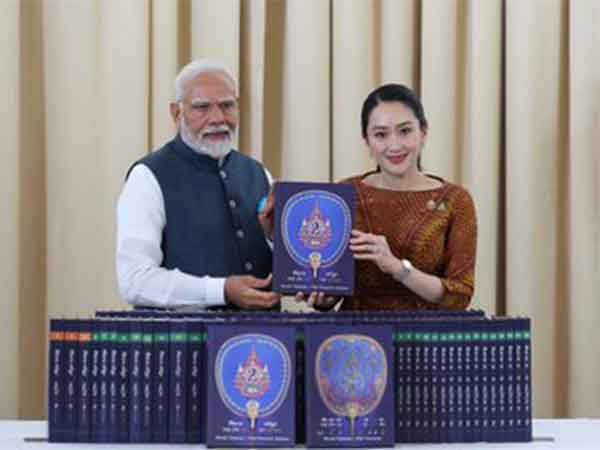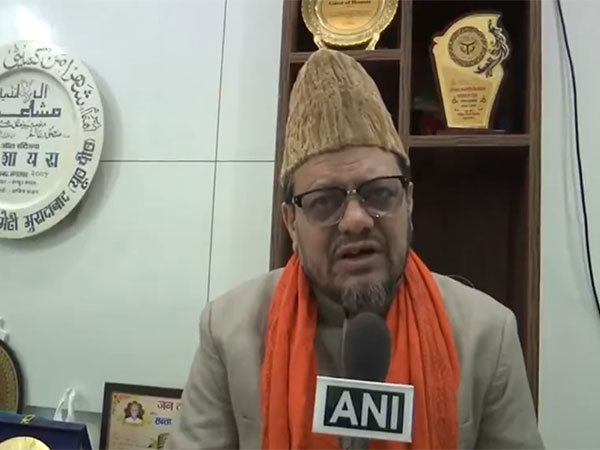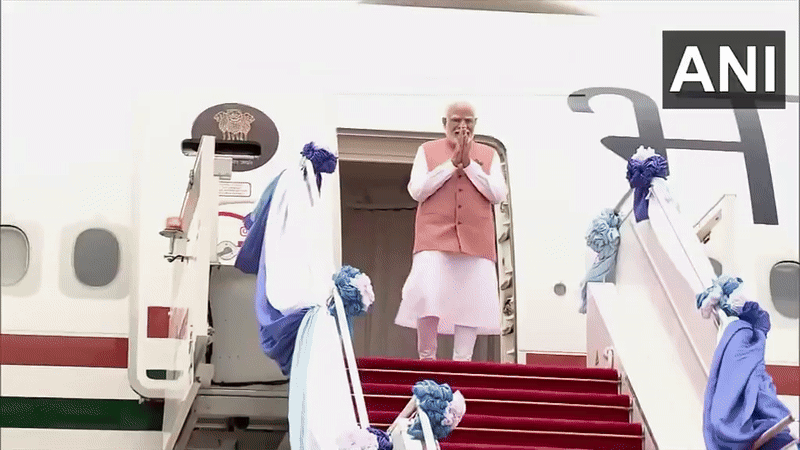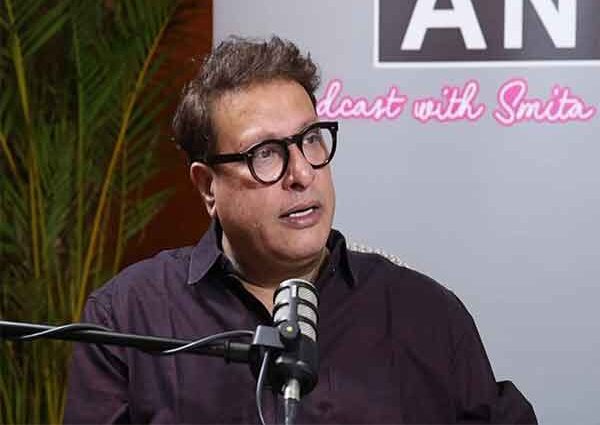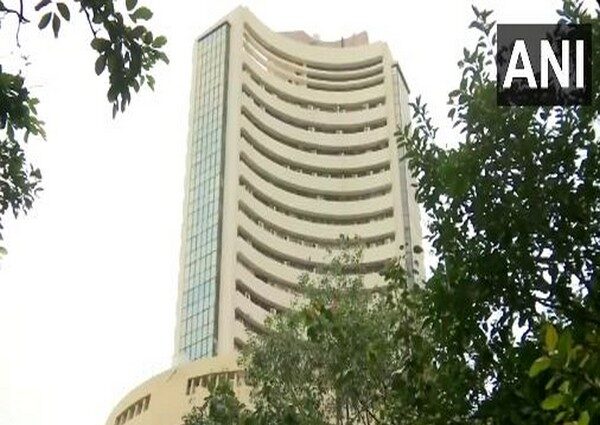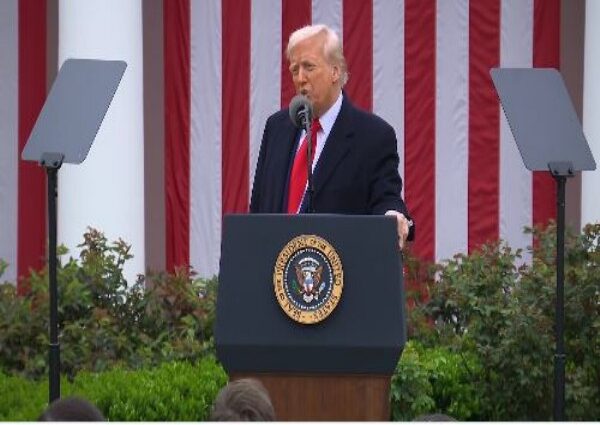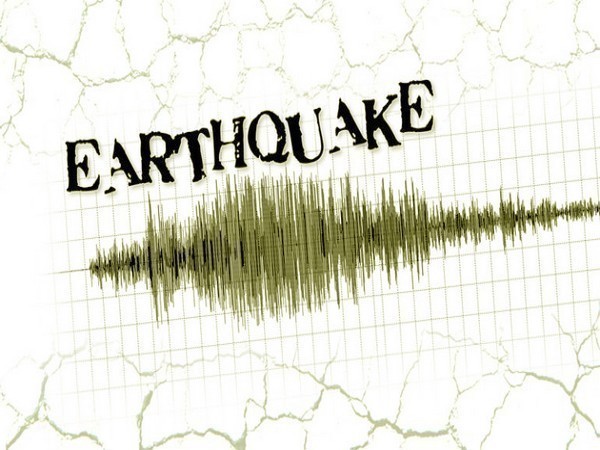No story of independent India has caught the popular imagination at home and grudging but cooperative admiration from the world community as that of its pursuit of space research and exploration.
It ignites the mind of anyone who has grown up watching and marvelling at stars in the sky, even if unschooled beyond the mythological tales of the Pushpaka Vimana and Hanuman’s travels. It also gained popular and political support when a scientist who had worked on space programmes, APJ Abdul Kalam, became the country’s president. He remains popular and relevant long after his passing.
In his new book, Space: The Indian Story, journalist and science writer Dinesh C. Sharma notes: “Along with its long and chequered space journey, India has grappled with the last century’s problems like hunger and poverty. As a young modern nation-state –– an underdog in the developing world–– India has led the space research race with tremendous frugality and nimble innovation. In doing so, it has made a stellar claim for itself in what had hitherto remained a Big Boys’ Club.”
As India announces its most ambitious leap yet towards space exploration with Gaganyaan, all eyes are on it.
Calling himself a “consistently technology pragmatist”, in his otherwise largely feel-good study that celebrates space, the people behind it, especially at the Indian Space Research Organisation (ISRO), Sharma also raises a few questions.
He asks if India’s space programme has unwittingly joined the Asian space race, competing with China, and if it is being used to pander to the domestic ‘nationalist’ ethos to deliver political gains for the current political leadership.
Crossing new frontiers each year, the programme is seen by sections of the scientific community as shedding some of its global outlook, becoming an arena of “technological supremacy and national pride.”
While its complex missions match well with ambitions to rank among the world’s top players, some of its projects, reflecting “national supremacist” mould, are “popular among the urban middle classes”. But they “neither represent technoscientific advances nor integrated national development” as visualised by Vikram Sarabhai, the space programme pioneer, Sharma observes.
ALSO READ: Poster Boys of India Space Quest
Recording various dissenting views, he writes: “Domestically, space technology has become more a matter of national pride than a tool for evoking scientific curiosity and spreading scientific thinking.” He points to August 23 when Chandrayaan 3 landed on the moon’s surface in 2023, being declared “National Space Day” and the spot where it landed as “Shiv Shakti”.
India should not “lose the focus” with which it began its journey over six decades back, that is, to “use science to improve the lives of people”. He hopes that space science would be used not just for “promoting national pride and unity,” which is the new officially declared objective.
India’s space programme has enjoyed broad political consensus, and across-the-spectrum consultations are held. Sharma says that ethos has changed in the last decade, too. Successes and failures are inherent in pursuing science and technology, and hype does not always work. Although an Indo-US mission is in the works, and four potential spacemen are undergoing training, the fact remains that over four decades after Rakesh Sharma went into space, another Indian has yet to follow.
Space exploration and research are essentially pursuits with international cooperation. He recalls the Cold War years when the two superpowers, even as they competed in piling up weapons, competed and cooperated in space exploration. The two strove to transfer space knowledge to their respective allies and friends. India, too, was a beneficiary in that era of the superpowers’ respective “space diplomacy”. Sarabhai developed close ties with the US’s NASA and with the USSR Academy of Sciences.
Taking keen interest in India and its nascent space programme, the space heroes of both visited. People lined up the streets in various Indian cities. If Yuri Gagarin, the first man, and Valentina Tereshkova, the first woman, were thronged in India, so was Rakesh Sharma, the first Indian who went to space in 1984 in a Soviet spacecraft. Six decades later, the Russian vaccine against COVID-19 sent to India was named ‘Sputnik’, the spacecraft that carried Gagarin.
Sharma records little-known or long-forgotten nuggets. Gagarin was accorded a civic reception, not in Delhi’s Town Hall but in the National Stadium. Mayor Sham Nath, in his welcome address, hoped that although the world living “in conflict and fears of war”, the space quest would “give us new perspectives and pull out our narrowness of mind and would lead us to a new era of tolerance and cooperation.” Nath’s speech was drafted by Jawaharlal Nehru.
In November 1970, addressing the American space heroes, Neil Armstrong and Charles Conrad in the Indian parliament’s President’s Gallery, Lok Sabha Speaker Gurdial Singh Dhillon said astronauts “belong to all humanity”. Then, keeping the discourse light, as was his wont, he said: “We all differ, discuss and sometimes quarrel over earthly matters in this parliament, which I propose we shall not do today. Parliament itself at the moment is feeling like (being on) the moon.”
India’s Parliament mourned the failure the American mission in which seven crew including Kalpana Chawla, who had moved from Haryana to fulfil her dream to go into space, were lost. Then-Prime Minister Atal Bihari Vajpayee went solemn and poetic, and Lok Sabha Speaker Manohar Joshi, quoting Iqbal, reminded everyone: “Sitaron se agey jahan aur bhi hain” (There is a universe beyond the stars).
Another Iqbal line, “Saare jahan se achha” that Rakesh Sharma used to describe India viewed from space way back in 1984, resonates today as India prepares for the visit of another Indian-origin girl, Sunita Williams, back from an arduous and unexpectedly lengthened space journey after nine months. She found the Himalayas and the long Indian coastline, when viewed from the space, “amazing, simply amazing”.
Just as The Statesman newspaper criticised Indians in 1984 for Rakesh Sharma “riding piggy back” on a Soviet spacecraft, the Indians’ euphoria over Sunita has had many who find the Indians going overboard. It needs noting that this American daughter of an Indian father and a Slovenian mother, while serving in the US Navy, has displayed love for the countries her parents came from. If she carried Ganesh idol and other Hindu symbols in space, she also carried the Catholic cross.
The delay turned the euphoria into anxiety. Her safe return underscores what Indira Gandhi said, of space exploration being universal and of benefit to mankind.
This writer wholeheartedly supports a suggestion coming from Commodore (rtd) Ranjit Rai and other retired Indian Navy officers who believe that Sunita, a US Navy officer, should be honoured as an Honorary Commodore of the Indian Navy. That would be a gesture, not for the Indian Navy or India but for humanity.
